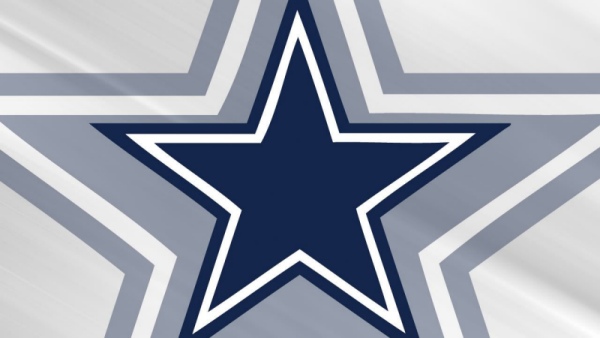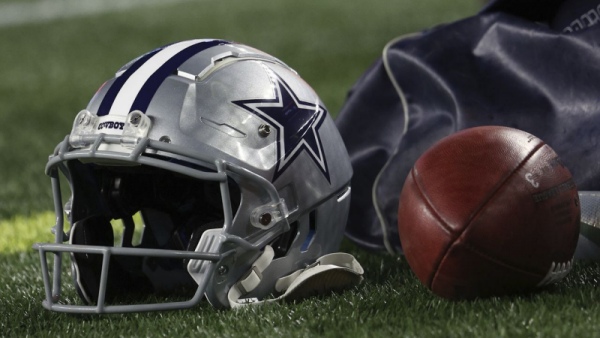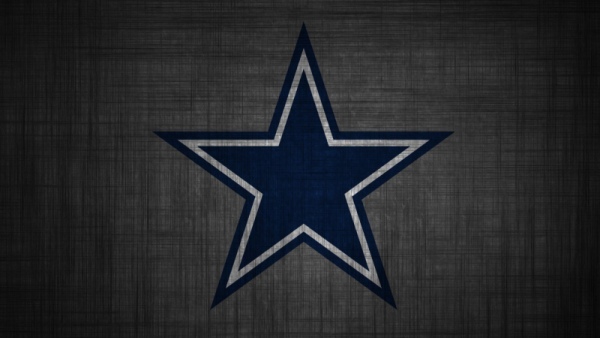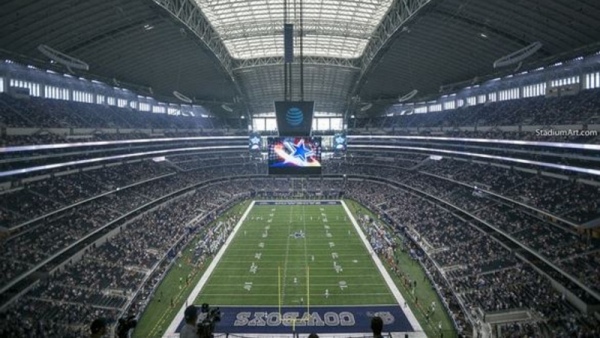1978
Rules changes permitted a defender to maintain contact with a receiver within five yards of the line of scrimmage, but restricted contact beyond that point
1979
NFL rules changes instructed officials to quickly whistle a play dead when a quarterback was clearly in the grasp of a tackler.
1980
Rules changes placed greater restrictions on contact in the area of the head, neck, and face.
Under the heading of "personal foul," players were prohibited from directly striking, swinging, or clubbing on the head, neck, or face. Starting in 1980, a penalty could be called for such contact whether or not the initial contact was made below the neck area.
1988
At the NFL annual meeting in Phoenix, Arizona, a 45-second clock was also approved to replace the 30-second clock. For a normal sequence of plays, the interval between plays was changed to 45 seconds from the time the ball is signaled dead until it is snapped on the succeeding play.
Average passer ratings 1980 to 1989 – 78.8
1995
A receiver knocked out of bounds by a defensive player can now return to the field to make a play.
Quarterbacks may now receive communication from the bench via a small radio transmitter in their helmets.
1996
The five-yard contact rule will be enforced more stringently.
Hits with the helmet or to the head by the defender will be flagged as personal fouls and subject to fines. This is being done to protect the offense, particularly the quarterback.
1998
A defensive player can no longer flinch before the snap to draw movement from an offensive linemen.
Average passer ratings 1990 to 1999 – 80.3
2001
Protecting the passer will be emphasized even more.
2002
it is illegal to hit a quarterback helmet-to-helmet anytime after a change of possession;
Average passer ratings 2000 to 2009 – 85.6
2011
Players will be prohibited from "launching" (leaving both feet prior to contact to spring forward and upward into an opponent or using any part of the helmet to initiate forcible contact against any part of the opponent’s body) to level a defenseless player, as well as "forcibly hitting the neck or head area with the helmet, facemask, forearm or shoulder regardless of whether the defensive player also uses his arms to tackle the defenseless player by encircling or grasping him.", and lowering the head and make forcible contact with the top/crown or forehead/"hairline" parts of the helmet against any part of the defenseless player’s body. Offenders will be penalised 15 yards for unnecessary roughness plus risking immediate disqualification if the contact is deemed flagrant.
A "defenseless player" is defined as a:
Player in the act of or just after throwing a pass.
Receiver attempting to catch a pass or one who has not completed a catch and hasn’t had time to protect himself or hasn’t clearly become a runner. If the receiver/runner is capable of avoiding or warding off the impending contact of an opponent, he is no longer a defenseless player.
Average passer rating 2010 to present – 90.6



